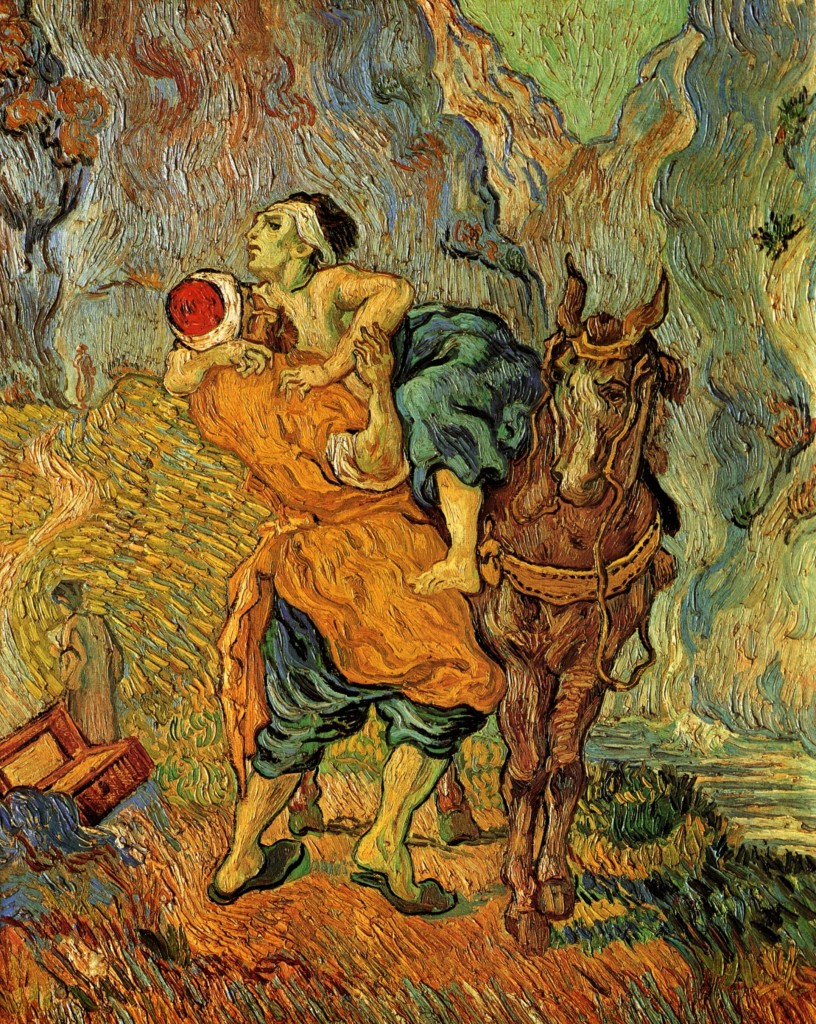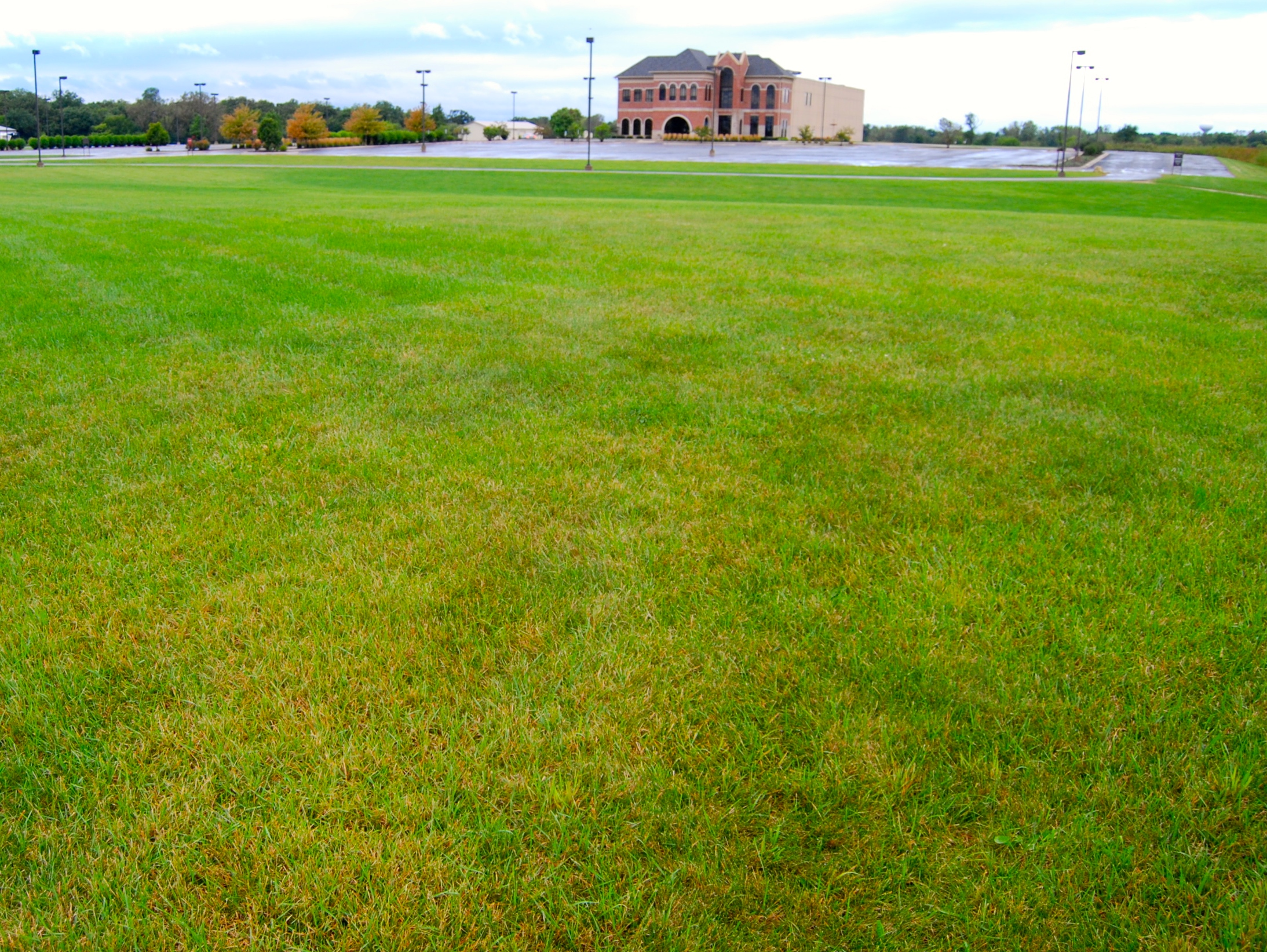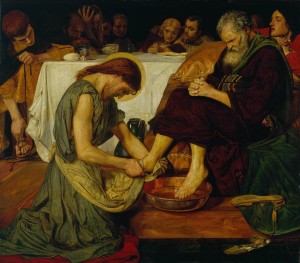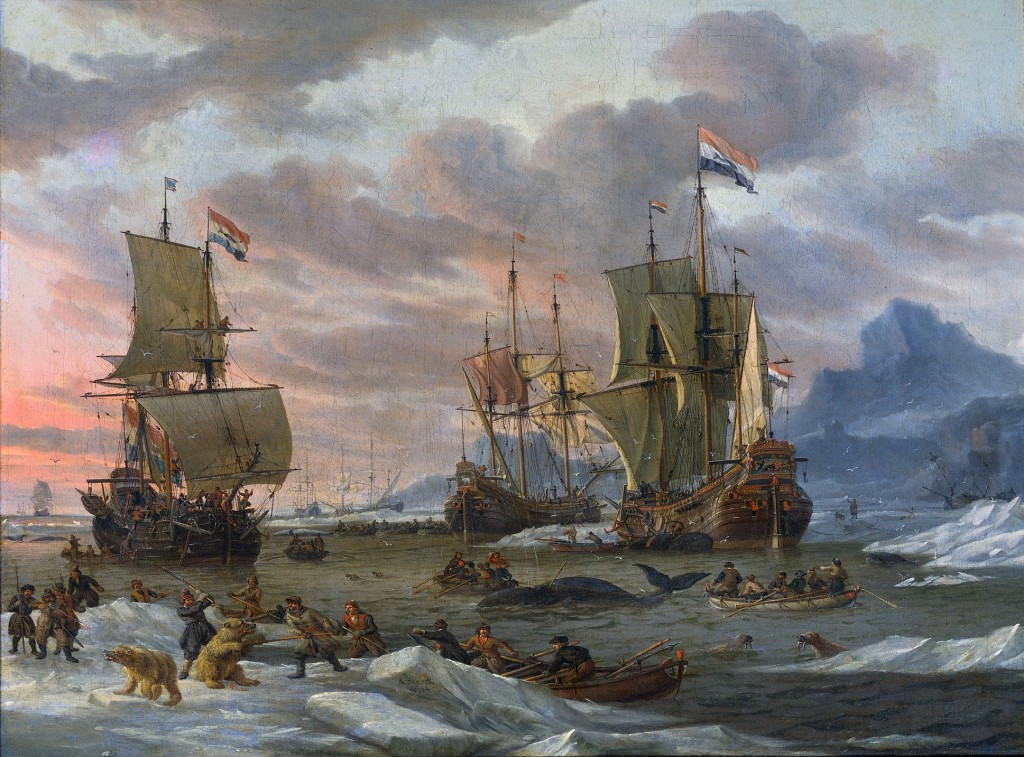You know you’re dealing with culture when you feel things should be done a certain way and you can’t really explain why.
Some cultural expressions, like the contrast between the American handshake and the Japanese bow or the cheese heads worn by Green Bay Packers fans, are innocuous and simply add flavor to life. Others enshrine fear and perpetuate human brokenness.
The parable of the Good Samaritan challenged the culture and norms of Jesus’ day. In the parable, love won out over a deep-seated and destructive cultural divide.
It is up to Christians to be discerning about culture. And if a cultural element contradicts the loving heart that God desires us to have, that cultural element must go.
But because culture is so powerful and because we breathe it and swim in it everyday, we almost always have blind spots.
That’s true with cultural traditions that shape how we relate with other people. It’s particularly true with cultural traditions that dictate how we relate to God’s earth. The non-human living things of this world are, as a whole, the ultimate “other.” Our survival depends on us consuming nature. What’s more, the greater the scale to which we desire to expand our personal comfort and our civilization’s power, the greater the scale to which we feel compelled to use God’s world in ways that deplete and diminish it. This approach to God’s world becomes rationalized and embedded in our culture. And then we can’t see the reality of what is being done.
The church should be different.
The church should be a place where God and God’s love prevails over any cultural expression that is counter to God’s love and the way God desires us to live.
What would a Christian approach to church landscaping look like if you were starting from scratch? I’d suggest these principles:
Meet the needs of people who work, worship, and play there.
Seek to be efficient in the use of resources and time.
Be a good neighbor in every way.
Express the creativity that God has blessed people with.
Affirm the beauty of God’s earth in all its diversity and life.
Steward God’s earth faithfully in the unique context of that place.
Achieve all six of the previous principles to the best degree possible.
So how does the typical church’s big, green, weedless lawn match with those landscaping principles?
Devoting areas of the church’s ground to lawn to enable games and social activities does meet the needs of people. And there is a certain simplicity and efficiency to managing a property with just one type of landscape. The neat lawn can also be seen as being a good neighbor in terms of respecting landscaping norms of an area.
So you can make some case for the church lawn in terms of the first three principles.
But you begin to run into trouble as you think more broadly about what it means to be a good neighbor and as you look at the remaining principles.
When the lawn’s maintenance uses up large amounts of locally scarce resources (like water in dry areas like California) and applies herbicides, pesticides, and fertilizers that contribute to broader environmental problems that impact people as well as wildlife, we are not being good neighbors. Nor are we being good neighbors when our lawnmowers emit pollution. We are losing, too, the opportunity to grow food that could feed our neighbors who lack good food to eat.
And is it just me or does a landscape with just a lawn lack any display of artfulness?
Sadly, and especially when there is grass even in places where people will never venture, the lawn-dominated church landscape does not affirm the goodness of God’s Creation. It communicates that the only plant God loves in Creation is Kentucky bluegrass. (Check out, by the way, this imaginary dialogue between St. Francis and God on the oddities of the lawn and how it makes no room for the many other flowers and plants of God’s Creation.)
It’s worse than that. Lawns provide almost no food, habitat, or shelter for wildlife at a time when the world is increasingly hostile to them.
So when our church landscape is a green empire of Kentucky bluegrass and non-native trees and shrubs, we think only of our own needs. We are depriving birds, butterflies, bees, and other members of God’s creation of the food, habitat, and shelter they need to survive, even in places we will not use. In no way can that be called stewardship of God’s earth.
When we come to the principle of optimizing, it’s become clear that we’ve maximized the first two principles and been a good neighbor in terms of cultural expectations. But in the process we’ve missed the broader meaning of being a good neighbor and completely whiffed on the other principles.
In other words, the typical church landscape tells the passing world that the Christian faith and that particular church care about human needs, efficiency, and meeting cultural expectation but don’t care about their neighbors in a broader sense and don’t care about the life of God’s earth. The typical church landscape ultimately communicates that we desire the assurance of life everlasting with God but we don’t want to be any more transformed and distinct from the culture around us than we must be.
But wait a minute, you say. What am I saying about my faith? I have a big, green, weedless lawn.
Well, actually, much of America does. According to this article, the lawn is now the single largest “crop” we grow. The United States has 63,000 square miles of lawn, which is approximately the size of Texas. That is a lot of water, a lot of chemicals and fertilizers, a lot of lawnmower pollution, a lot of unused potential for growing food, and a great deal of land made hostile to wildlife.
That does not square with the loving God of all of life we see in the Bible. The God who declared the whole ecological whole of creation, including humanity, very good. Who knows every bird on the mountains. Who feeds the ravens. Who shows great concern for the poor and weak. Who demonstrated dominion over the world by sending Jesus into the world. Who showers us, despite the fact that we don’t deserve it, with love and grace.
But the gravity of human culture is so strong.
We expect lawn. We don’t know why, but we expect it.
Yet, from the very beginning, Christianity in its purest form has been a counter-cultural, self-sacrificing force against dominant cultural norms that were counter to love and compassion. This was because Christians who stood up to those cultural norms had hearts that had been transformed by Jesus.
It’s time to filter our whole culture, including our landscaping culture, through God rather than filtering God through our culture.
It’s time that churches thoughtfully use their website, their church signs, and their landscaping to communicate their values and their ultimate loyalties.
(In a future post, I’ll share helpful ideas and resources on Creation-friendly landscaping. Please share with me examples you know of churches being good stewards of their landscapes by email at wholefaithlivingearth@gmail.com.)









